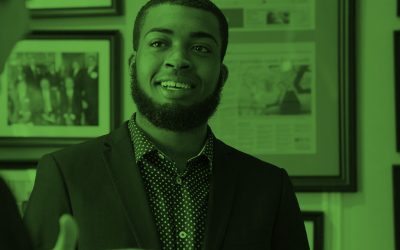Making Miracles Happen
Roosevelt's new McNair Scholars Program paves way for higher learningby LAURA JANOTA
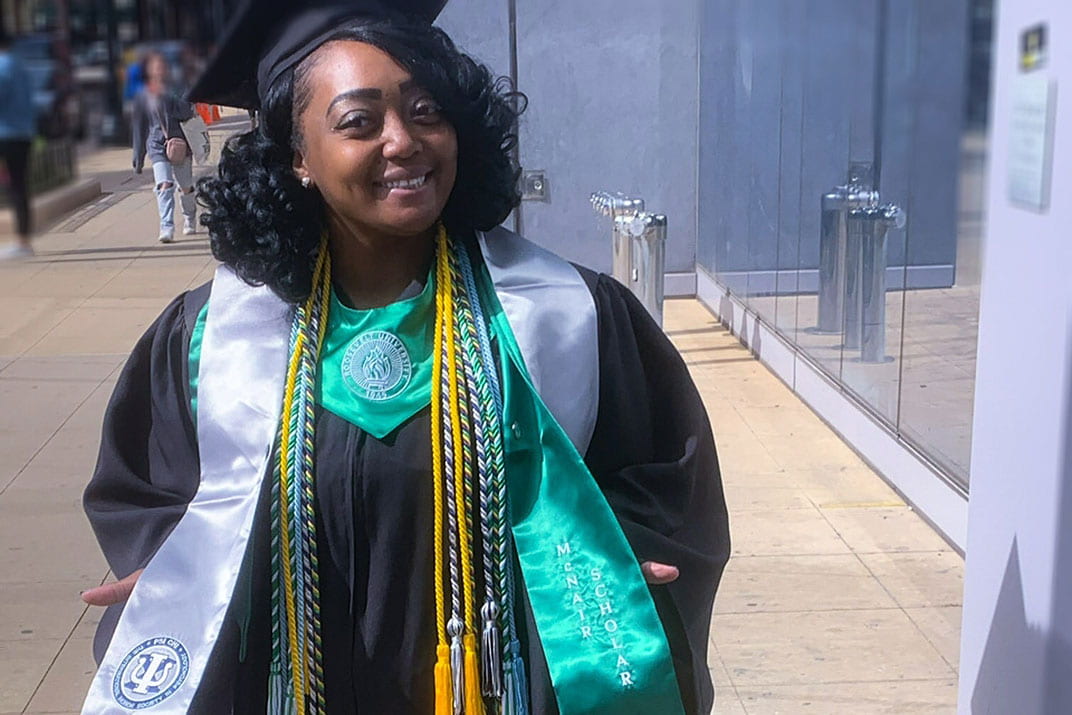
Roosevelt graduate LaWanda McCraney
Roosevelt University’s McNair Scholars Program may be only in its second year, but it has already gained a reputation as a miracle maker.
Consider first the case of recent Roosevelt graduate LaWanda McCraney (BA Psychology, ’19), whose rocky start at life included living in 15 different households by age 21 and taking hundreds of hours of therapy to overcome trauma experienced as a foster child.
As one of Roosevelt’s first McNair scholars, McCraney learned for the first time how to do scholarly research about the role that self-compassion plays, as it did in her own life, in seeking therapy and finding healing.
Now preparing that research for an upcoming American Psychological Association conference with Roosevelt Associate Professor of Psychology Catherine Campbell, McCraney begins the University’s Master’s in Clinical Psychology program in September. She also has plans to go on from there into doctoral studies for a career in foster-care policy-making.
“We worked through a lot of things together this past year, including her senior thesis and the knowledge she will need to make it into and through a doctoral program.”
— Catherine Campbell
Roosevelt Associate Professor of Psychology
“We worked through a lot of things together this past year, including her senior thesis and the knowledge she will need to make it into and through a doctoral program,” said Campbell, who has been and will continue to be McCraney’s mentor.
The new Roosevelt graduate student credits Campbell for much of her progress. “I always believed I was here for a purpose, but I never imagined setting these kinds of goals,” McCraney said. “Without McNair and Dr. Campbell these kinds of goals would not be on my radar, much less possible.”
“She has the desire to be an advocate for good foster care,” added Campbell of her McNair mentee. “Her story will be inspiring, and those she will work with will be changed by her, and I absolutely believe LaWanda can make a significant difference as an individual and even system-wide.”
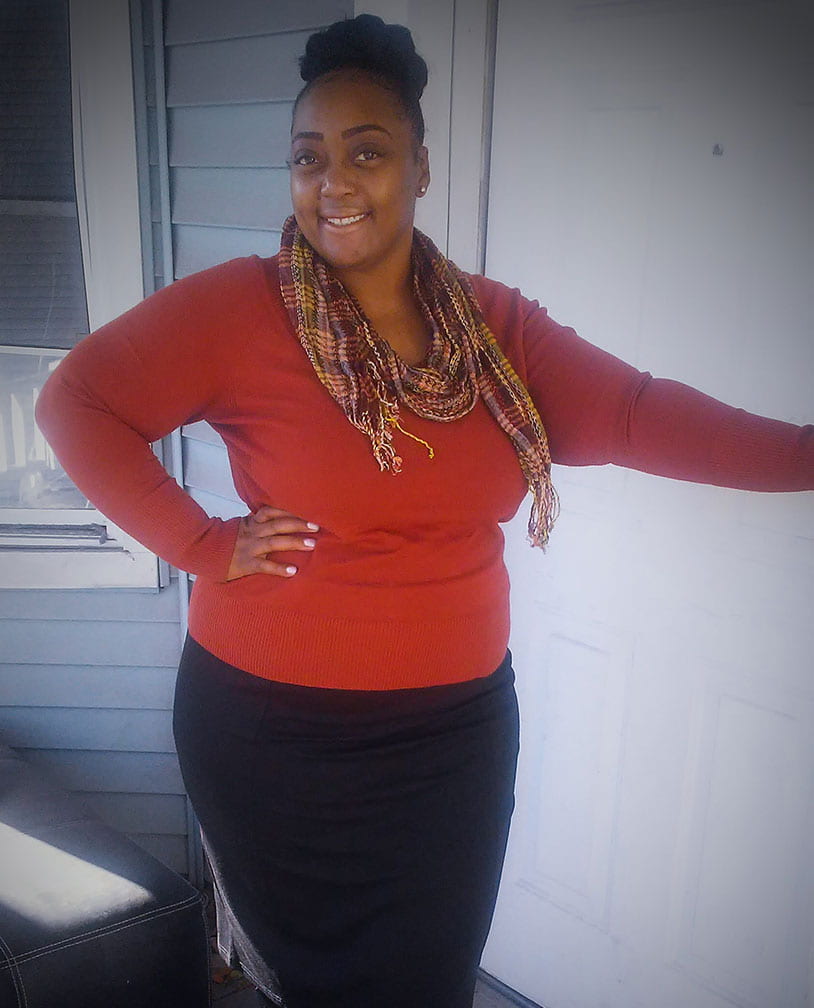
LaWanda McCraney
The federally funded bridge program, which has helped countless college students from underrepresented segments of society at universities all over the nation prepare for doctoral programs, undoubtedly has many such miracle stories.
However, the progress made in just three semesters since Roosevelt started its own McNair program is quite striking: Of 25 Roosevelt undergraduate student scholars who have gone through the program, 18 have already graduated, including 17 who have been accepted into graduate and PhD programs.
What’s more, all 28 students currently in Roosevelt’s McNair program are engaged in scholarly research. While most are working on projects as McCraney did — on campus under the tutelage of Roosevelt professors/mentors — 10 Roosevelt McNair scholars were accepted recently for research opportunities off campus over the summer, including at Big 10 schools like Michigan State, Ohio State University and the University of Iowa.
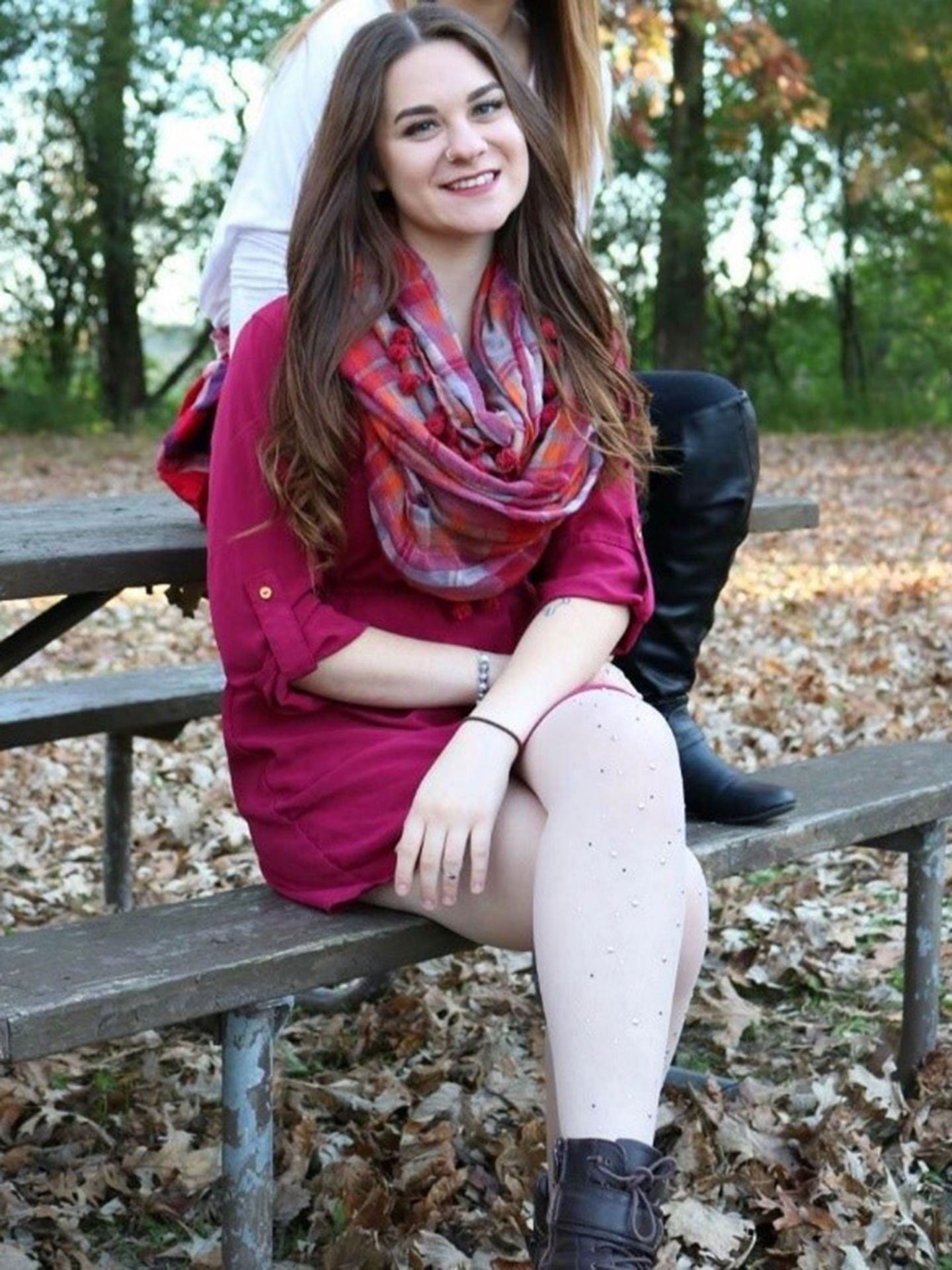
Alexis Hernandez
For instance, Alexis Hernandez, an undergraduate psychology major with a minor in neuroscience who will graduate in December, spent time learning research techniques at the University of Iowa, including how to analyze brain scans at the university’s hospital.
“This experience will greatly impact the graduate school application process, and make me a strong candidate for acceptance into PhD programs,” she wrote recently. She said that the program will “give me insight and extensive knowledge in the field of neuroscience” and “help me decide what to specialize my graduate studies in.”
Another research project of note in New York City’s Harlem is being done this summer by McNair scholar Earnest Bickerstaff, an undergraduate history major who also graduates in December. He is looking at the late Roosevelt alumnus James Forman’s “Black Manifesto,” its call for reparations, and at reactions to Forman’s 1969 message.
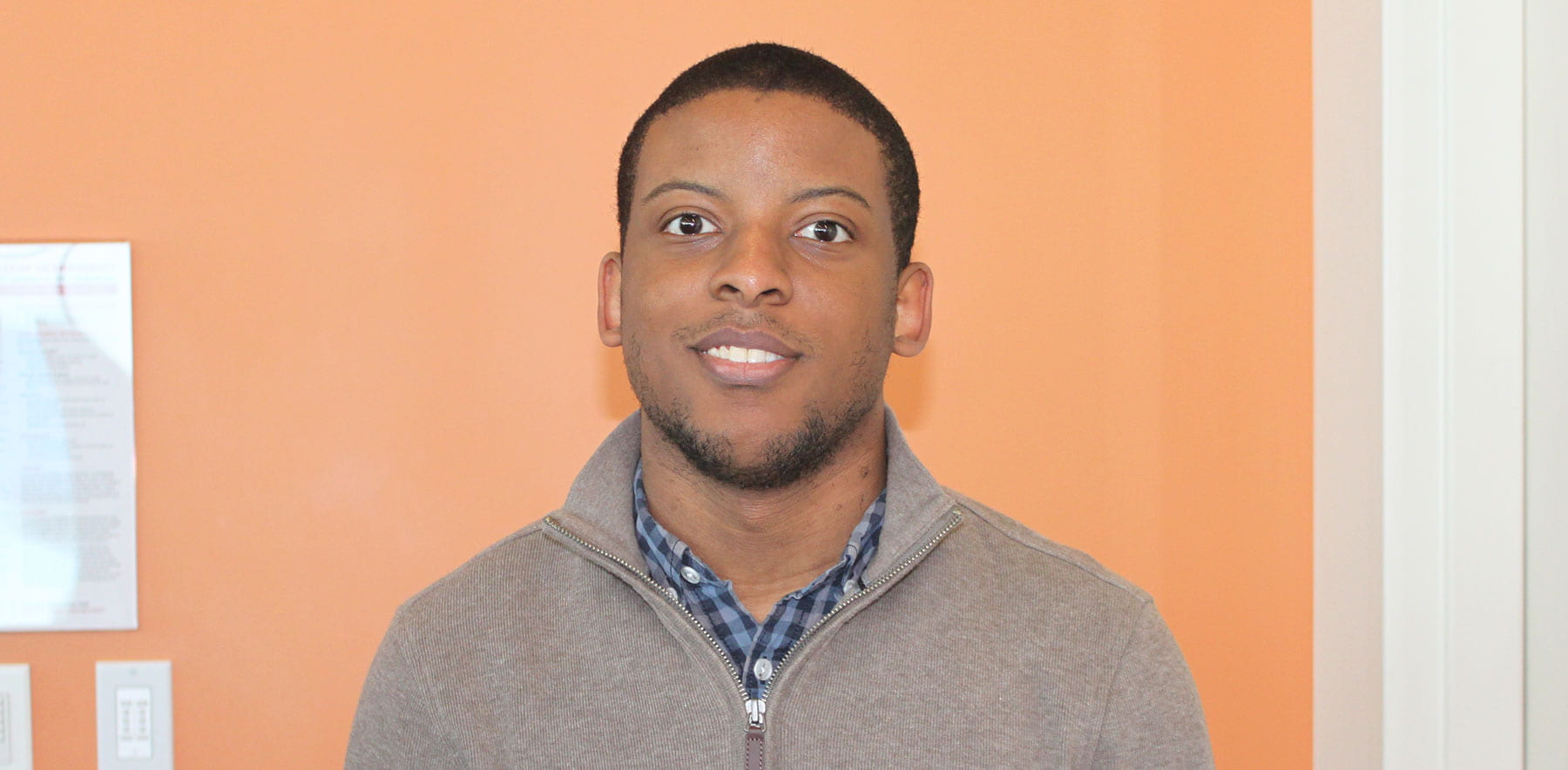
McNair scholar Earnest Bickerstaff
“I am very fortunate and grateful to have this opportunity as an undergraduate, as I believe it will prepare me for graduate school and a future career as an historian.”
– Earnest Bickerstaff
McNair scholar
“I am very fortunate and grateful to have this opportunity as an undergraduate, as I believe it will prepare me for graduate school and a future career as an historian,” Bickerstaff said.
In all, five of Roosevelt’s McNair Scholars were accepted over the summer as research assistants at Michigan State University alone. They include Alan Rojas, a political science major and December graduate who is studying public opinion, advocacy campaigns and polarization politics. He said he took the opportunity in order to “get a sample of what life as a graduate student would be like.”
That is music to the ears of Mike Maly, the Roosevelt associate provost for research and professor of sociology who secured the U.S. Department of Education grant for the program that began at the University in the spring of 2018.
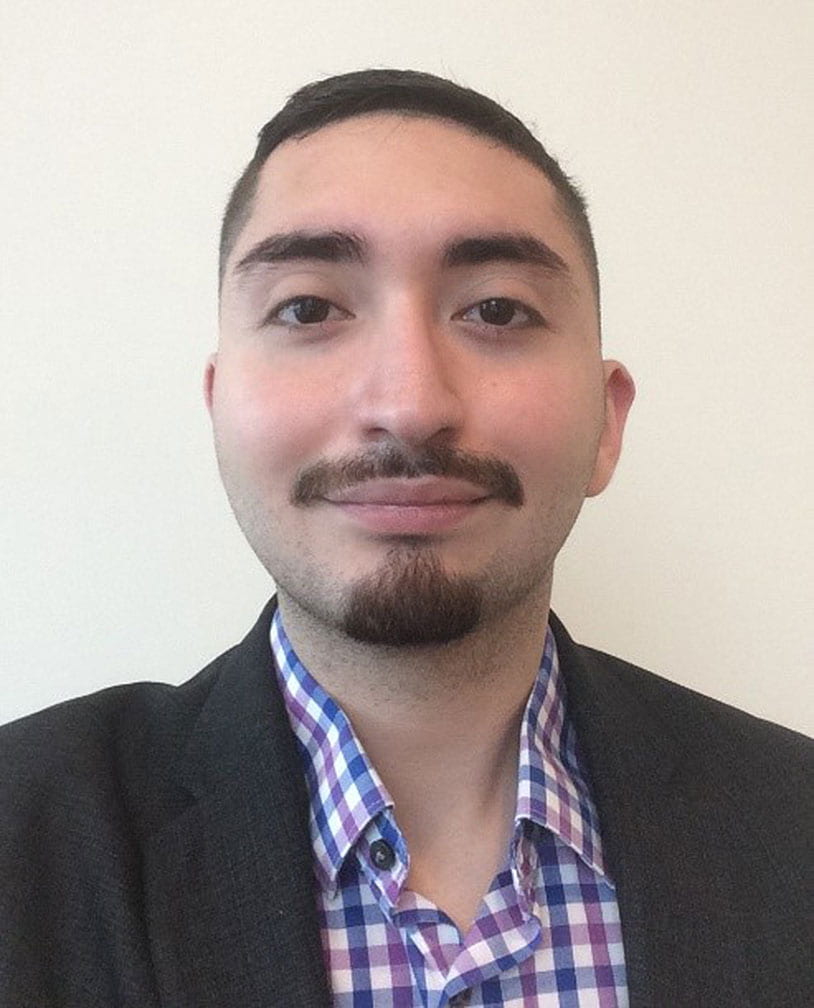
Alan Rojas
“We wanted to create a culture in which our scholars are not only encouraged about doing their own research, but also are motivated to explore new vistas, including going away,” said Maly.
“A lot of these students come from low-income households. Many are the first in their families to graduate. The majority have never been away from home before. It can be an eye-opening experience.”
— Mike Maly
Roosevelt Associate Provost for Research and Professor of Sociology
“A lot of these students come from low-income households. Many are the first in their families to graduate. The majority have never been away from home before. It can be an eye opening experience,” he said.
One of the hallmarks of Roosevelt’s McNair experience has been its success in building a community of scholars. Not only do they take courses preparing them for research and teaching assistantships, they also present together at research symposiums both on and off campus, and visit graduate schools and fairs where McNair scholars can find opportunities.
That was the case for Adrian Flores (BA Biology and Chemistry, ’19). The Roosevelt McNair scholar met girlfriend Baylee Allen (BS Forensic Psychology, ’18), also a Roosevelt McNair scholar, while the two were at a conference in Buffalo, New York.
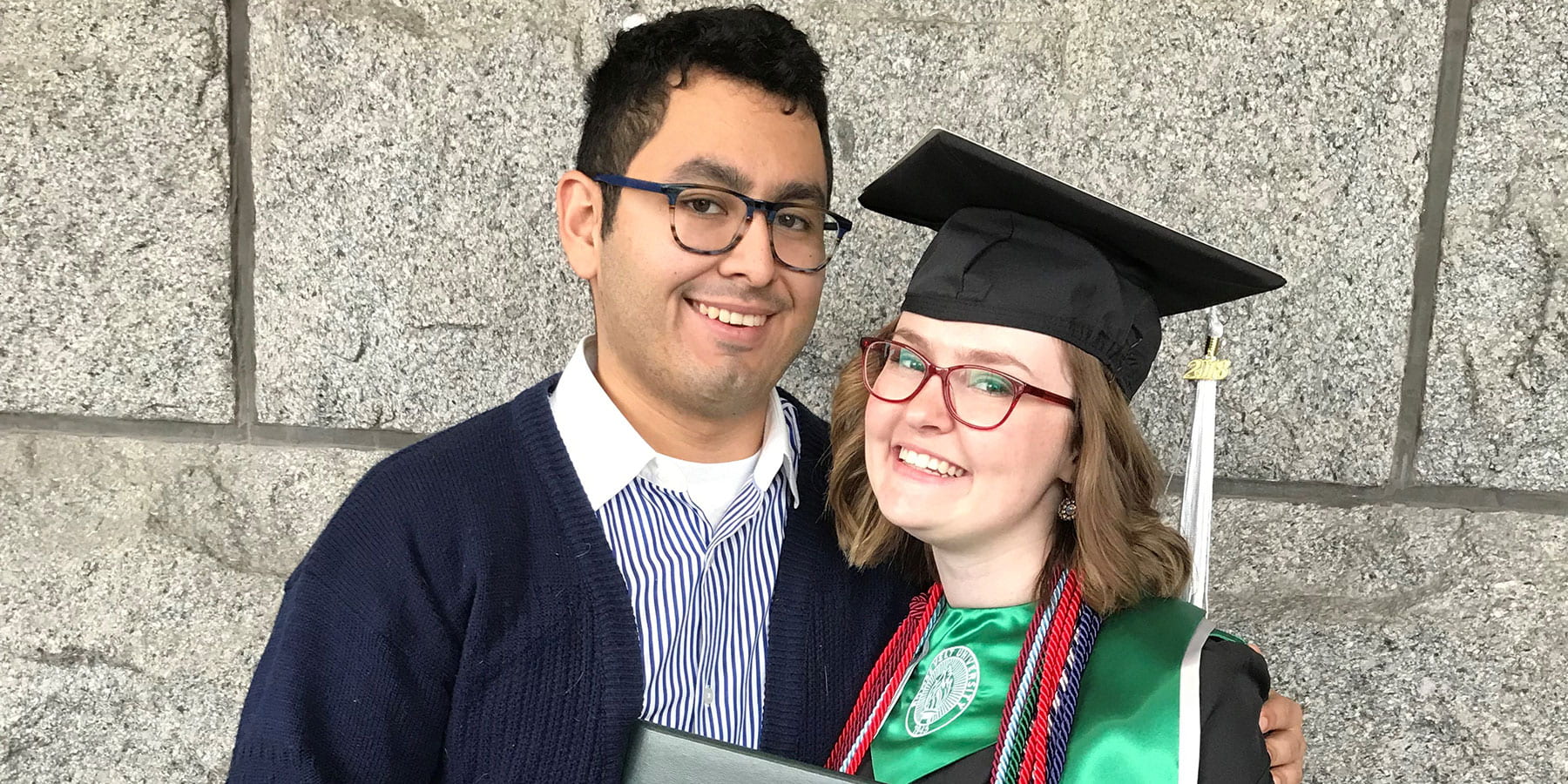
Biology and chemistry graduate Adrian Flores and recent forensic psychology graduate Baylee Allen
He was presenting on a project he did with Roosevelt Assistant Professor of Chemistry Oluseye Onajole on drug discovery and identifying novel compounds for the fight against tuberculosis. She was presenting on research she did with Assistant Professor of Forensic Psychology Elijah Ricks about police handling and lack of training in sex trafficking cases.
Their meeting turned into a relationship of shared interests: They discussed their projects together; they began reading each other’s books and proofing each other’s papers; Allen also advocated for a recruiter from the University of Nebraska to interview Flores at a conference that he arrived at late because he had to take the Graduate Record Examination (GRE).
“I’m hoping to gain skills and experience to pursue independent research that will help others,” said Flores, who recently accepted an offer as a PhD candidate with a full-ride scholarship and stipend salary from the University of Nebraska Medical Center.
“I’m hoping to gain skills and experience to pursue independent research that will help others. I couldn’t have done this without McNair.”
– Adrian Flores
May biology and chemistry graduate
“I couldn’t have done this without McNair,” added Flores, who knew little about research and graduate school when he started at Roosevelt and the McNair program. “The program afforded me a lot of opportunities, including meeting Baylee.”
The two now live in Lincoln, Nebraska, where Allen is working for Nebraska’s Department of Corrections. She is waiting to be accepted into law school at the University of Nebraska.
“McNair has changed my life in every way,” she said. “I found my support system and learned that it doesn’t matter where you are from, or what your background is. If you put in the time, you can make things happen.”
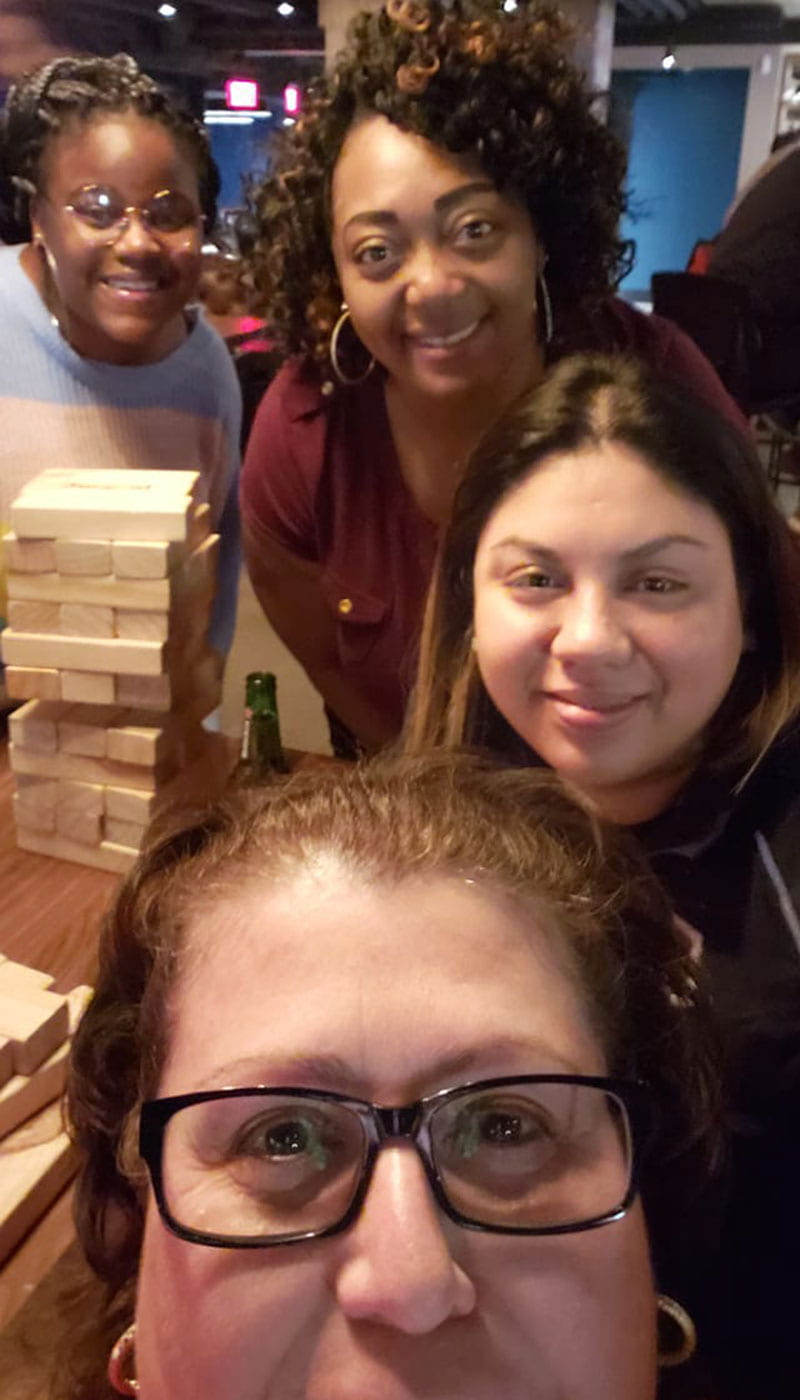
McNair Scholars with Staff
Peggy Valdes, director of Roosevelt’s McNair Scholars Program and once a McNair scholar herself, works to reinforce that kind of confidence in Roosevelt’s McNair scholars every day.
“I tell them, ‘You can do anything. It just depends on how much you want it,’ and they don’t disappoint. These are students who go from being consumers of knowledge to being producers of knowledge. You see the transformation as they progress, and I’m so proud of what these scholars are able to accomplish.”
Roosevelt’s McNair Scholars Program is now accepting applications for student cohorts that will begin the program in the spring and in the fall of 2020. For more information, contact Valdes at pvaldes01@roosevelt.edu.
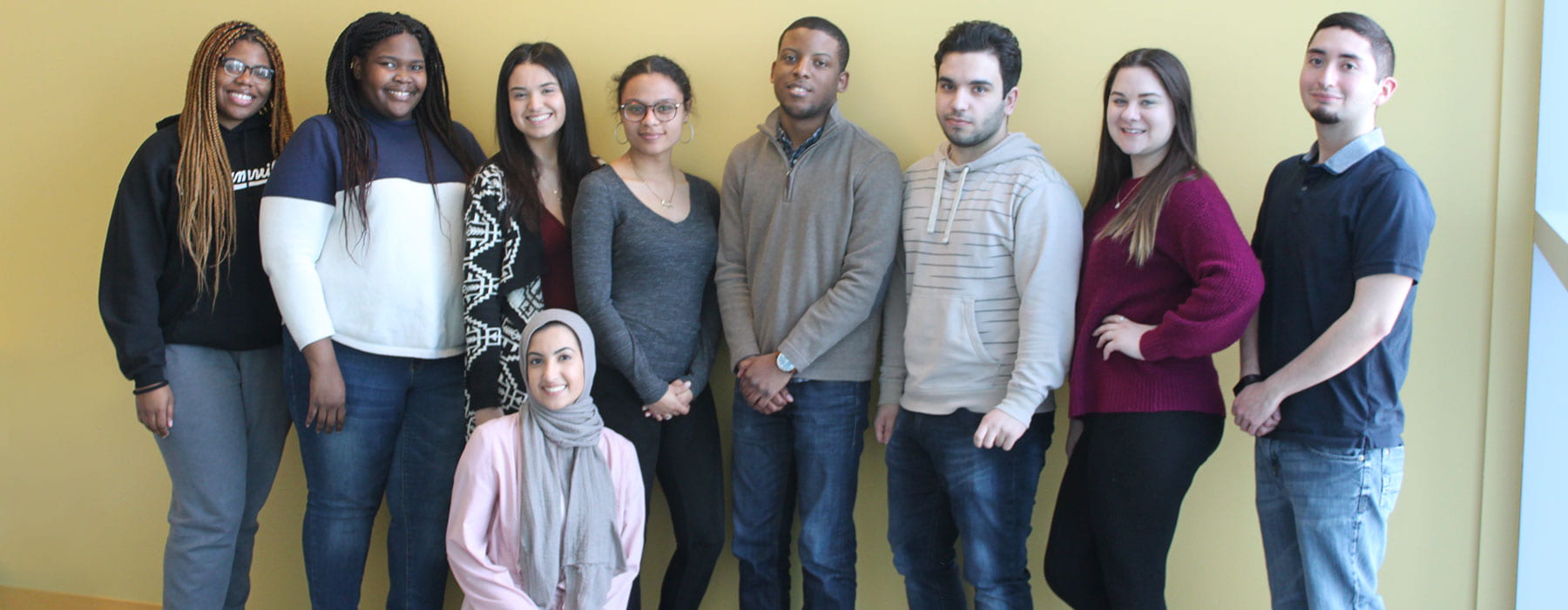
More in this section
College of Business
Student, faculty and staff accomplishments in the Heller College of Business.
College of Pharmacy
Student, faculty and staff accomplishments in the College of Pharmacy.
College of Pharmacy
Student, faculty and staff accomplishments in the College of Pharmacy.

